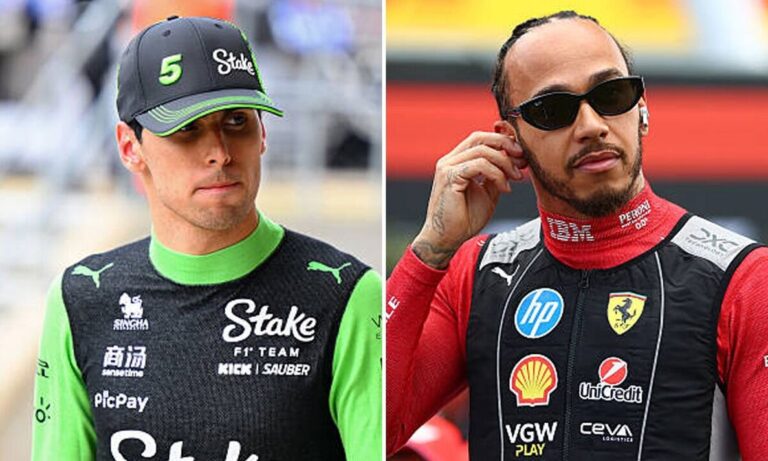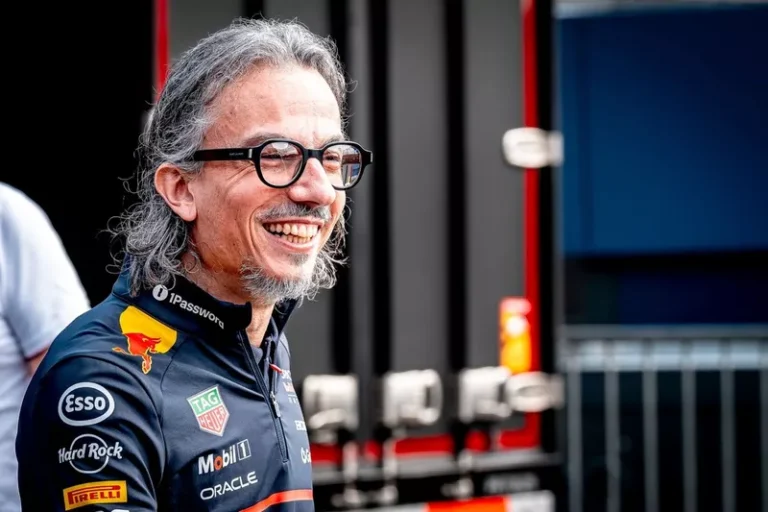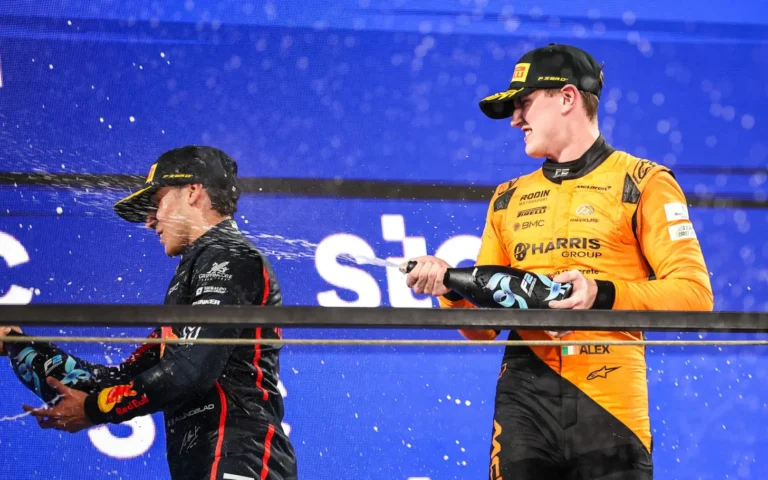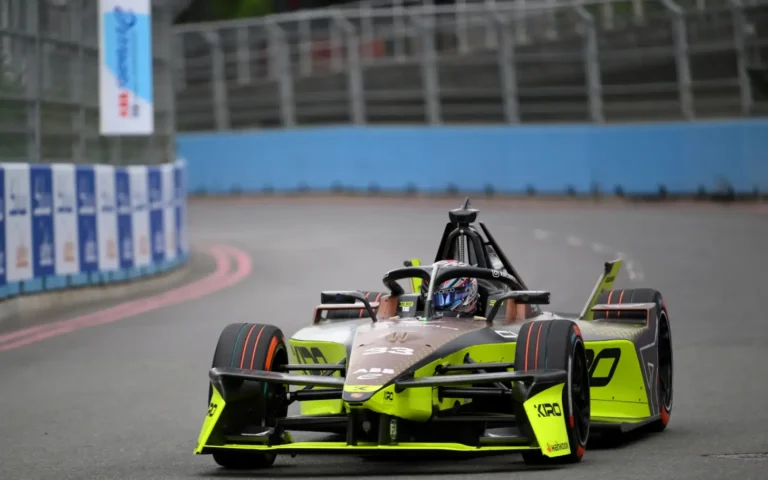
As anticipation builds for the upcoming Belgian Grand Prix at Spa-Francorchamps, attention has shifted from the race itself to a controversial comment made by reigning world champion Max Verstappen. In the lead-up to the event, Verstappen made remarks that many interpret as a subtle dig at seven-time champion Lewis Hamilton, sparking speculation of renewed tensions between the two F1 icons. The atmosphere in the paddock has become increasingly charged, as fans and insiders brace for potential off-track drama to overshadow the high-speed action.
Verstappen, known for his aggressive racing style, commented during a press event that while some drivers opt for intense tactics, others prefer a more controlled strategy. Though he didn’t mention names, his words were widely seen as a criticism of Hamilton’s defensive maneuvers on the track. The statement was perceived by many as a challenge to Hamilton’s long-standing approach and perhaps even a questioning of his racing ethics, reigniting an old rivalry between two of Formula 1’s most celebrated figures.
The competitive history between Hamilton and Verstappen is well-documented, with their clashes on the circuit often highlighting their starkly different philosophies. Hamilton, who has long championed a blend of assertiveness and sportsmanship, has built a reputation for strategic brilliance and fair play. Verstappen, on the other hand, embodies raw speed and an unapologetic edge, which has earned him both praise and criticism. Their ongoing rivalry has provided some of the sport’s most thrilling moments but also carries the risk of inflaming tempers
Verstappen’s recent remarks are now being seen as a deeper critique of Hamilton’s legacy, which could lead to lasting implications beyond the current season. As Verstappen cements his dominance, his public observations could reshape how driving styles and racing etiquette are viewed in the sport. For Hamilton, whose legacy is built not just on titles but also on principles, this could represent a significant affront, potentially leading to an intensified personal and professional standoff.
As the race weekend approaches, all eyes will be on how Hamilton chooses to respond—whether he addresses the comment head-on or focuses purely on his performance. Either path could influence the narrative around the Grand Prix and the broader F1 season. What was shaping up to be a standard race weekend has now become a focal point in the evolving relationship between two of F1’s most influential drivers. The Belgian Grand Prix now promises more than just racing—it may signal the next chapter in a rivalry that continues to captivate the motorsport world.



